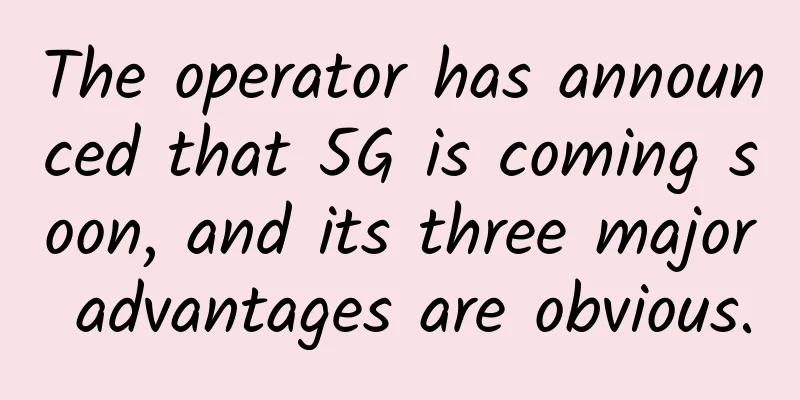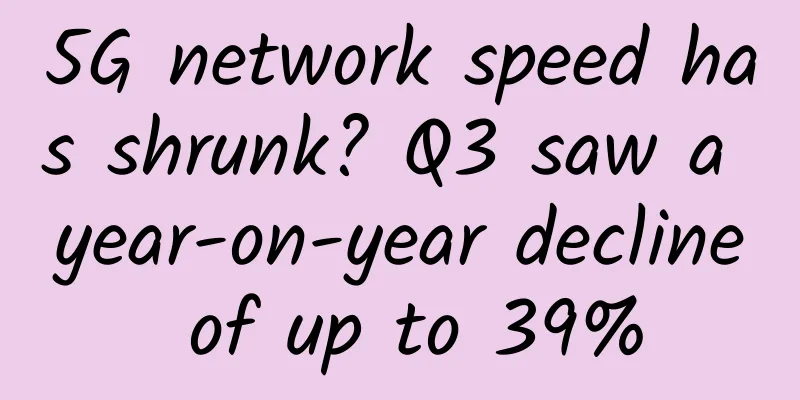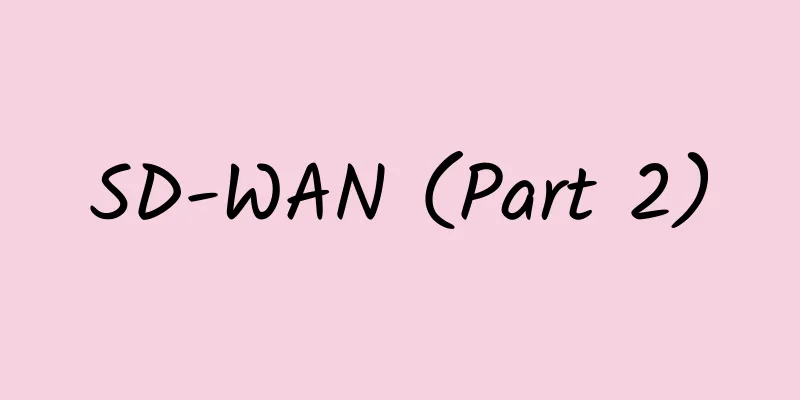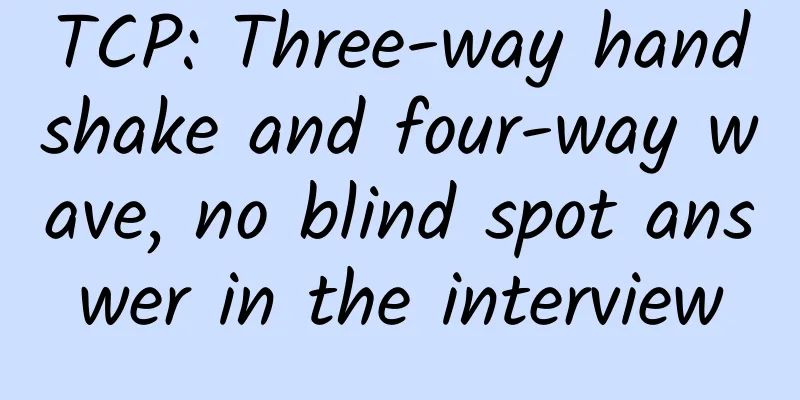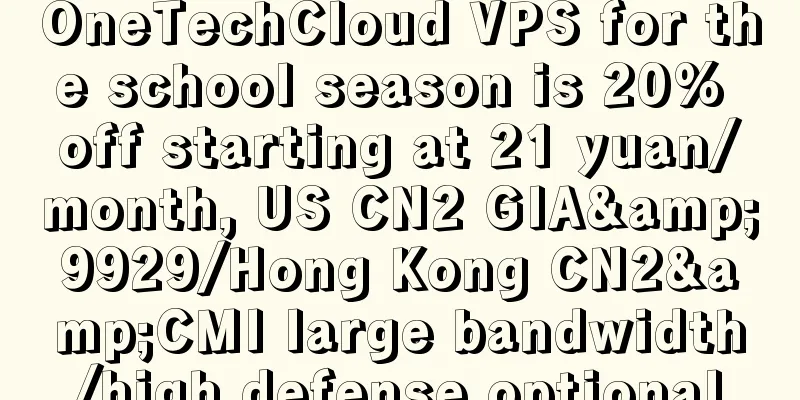Seven common mistakes in open source projects
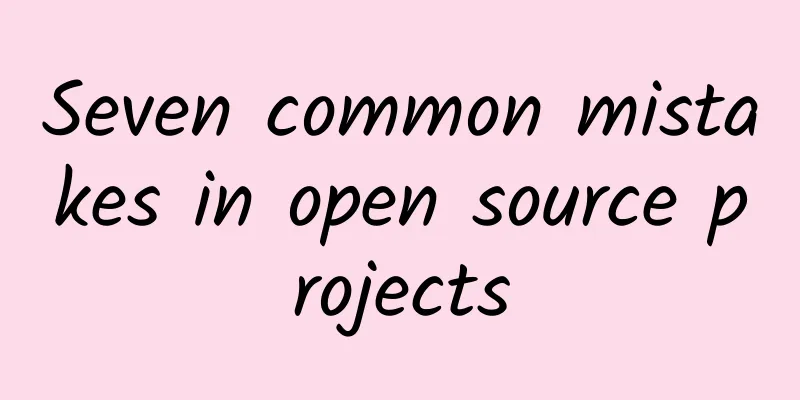
|
【51CTO.com Quick Translation】 Starting a new open source project can be difficult. Maybe you have a great idea in your head, but it takes a lot of work to turn it into a productive, healthy, and attractive community. It is a pity that the same mistakes are always repeated at no cost, and low-level mistakes are taboos in the team. Please follow the author below to look at the common mistakes in open source projects and try to avoid them. I believe it will be helpful for your project development.
[Translated by 51CTO. Please indicate the original translator and source as 51CTO.com when reprinting on partner sites] |
<<: 5G networks are moving towards cloud, virtualization and network slicing
>>: Five key trends in the Internet of Things in 2017
Recommend
HostDare offers a 20% discount on the CN2 GIA route in Los Angeles starting at $28.7/year
HostDare has updated new discount codes, offering...
A network administrator's self-cultivation: TCP protocol
Today, let’s continue with the network administra...
Why enterprises should pay close attention to Wi-Fi 7
Industry experts predict that the latest Wi-Fi ve...
DediPath Spring Festival Promotion: 50% off all VPS/Hybrid Servers/Dedicated Servers
DediPath has released a Chinese New Year promotio...
Little-known tips for ordinary users to install broadband at home
In the past two years, broadband has become a mus...
Is our 5G field booming? Many regions are actively deploying, and the future development potential is worth paying attention to
As an important direction for the evolution and u...
Expectations for Network as a Service (NaaS) Technology
Network as a Service (NaaS) technology provides n...
Multiple Choices for Internet Communication: Do you really know how to make phone calls?
"Do you really know how to make phone calls?...
Why do I always see pop-up ads? Yes, it’s a DNS problem
What is DNS? Each IP address can have a host name...
A "traffic evolution" is coming: What upgrades will 5G bring to vehicle networking and autonomous driving?
2019 is regarded as the "first year of 5G&qu...
Ping command advanced usage
ping command The ping command is used to test the...
Mobile edge computing provides unlimited possibilities for 5G innovation
At the "2017 China MEC Industry Development ...
The development of 5G should obviously not come at the expense of limiting WiFi speed
[[442942]] In today's article, we are not goi...
Ministry of Industry and Information Technology: Nearly 850,000 5G base stations have been built, forming the world's largest 5G independent networking network
According to the Ministry of Industry and Informa...
5G + Internet of Things: Providing development opportunities for the popularization of smart lamp poles
[[392057]] At present, the smart light pole indus...



